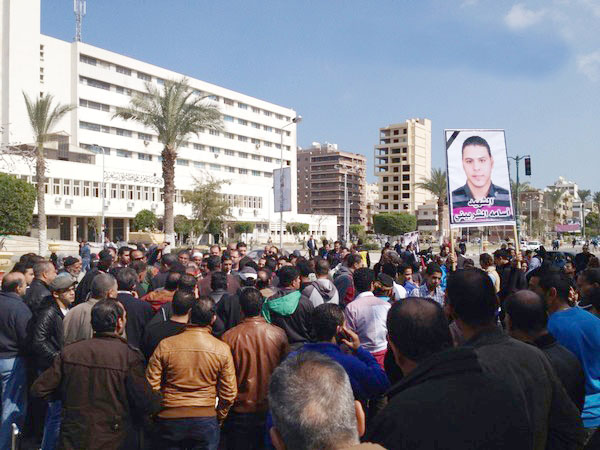CAIRO: Controversy surrounding video games has resurfaced with the launch of Muslim Massacre, an Australian-made video game promoting the genocide of Muslims, causing international outrage by the Muslim community.
According to the Los Angeles Times, “the game allows players to be in control of an ‘American hero’ on a mission to kill bearded Muslims and suicide bombers using a machine gun and a rocket launcher. As the game progresses, the hero takes off to the Middle East and tries to hunt down Al-Qaeda leader Osama bin Laden, Prophet Mohamed and finally Allah.
The video game was reportedly invented by a 22-year-old Australian who identifies himself as Sigvatr.
On its website, www.muslimmassacre.com, the homepage reads: “Muslim Massacre: the Game of Modern Religious Genocide.
The game is said to be inspired by the war on Islam declared by the United States and opens with quotes from US President George W. Bush on terrorism.
“The United States of America has declared war on Islam! Take control of the American hero and wipe out the Muslim race with an arsenal of the world’s most destructive weapons, reads the promotional ad on the front page.
Earlier this week, the Ramadan Islamic Society, a British Muslim charity organization has protested against the game in London and urged the British Government to open an investigation and to ban the website that promotes the game on the internet.
According to news reports Mohamed Shafiq, chairman of the Ramadan Islamic Society, described the game as an unacceptable insult to Islam.
If it were a game showing Muslims similarly slaughtering Americans or Israelis; it would have caused a worldwide uproar, he said.
On the other hand, media experts warn of a Muslim backlash that could fuel more animosity between the West and the Middle East.
“This is an expression of a radical point of view and an example of the exploitation of technology so let’s not give the matter more than what it s worth, like what happened with the cartoons in the Danish paper. This is one person’s opinion so we can’t generalize, said Hamdy Hassan, expert on the social effects of videogames and vice president of Misr International University.
“It shows the animosity some of the westerners hold for the Muslims and Arabs and will definitely contribute to the hostility and hatred between the two rather than bridge the gap between them, he added.
While some Arab counties have blocked the game, its URL is still accessible by internet users in Egypt.
“Let’s not magnify this because after all it is just a computer game that will temporarily exist until another one comes along, said Hassan.


